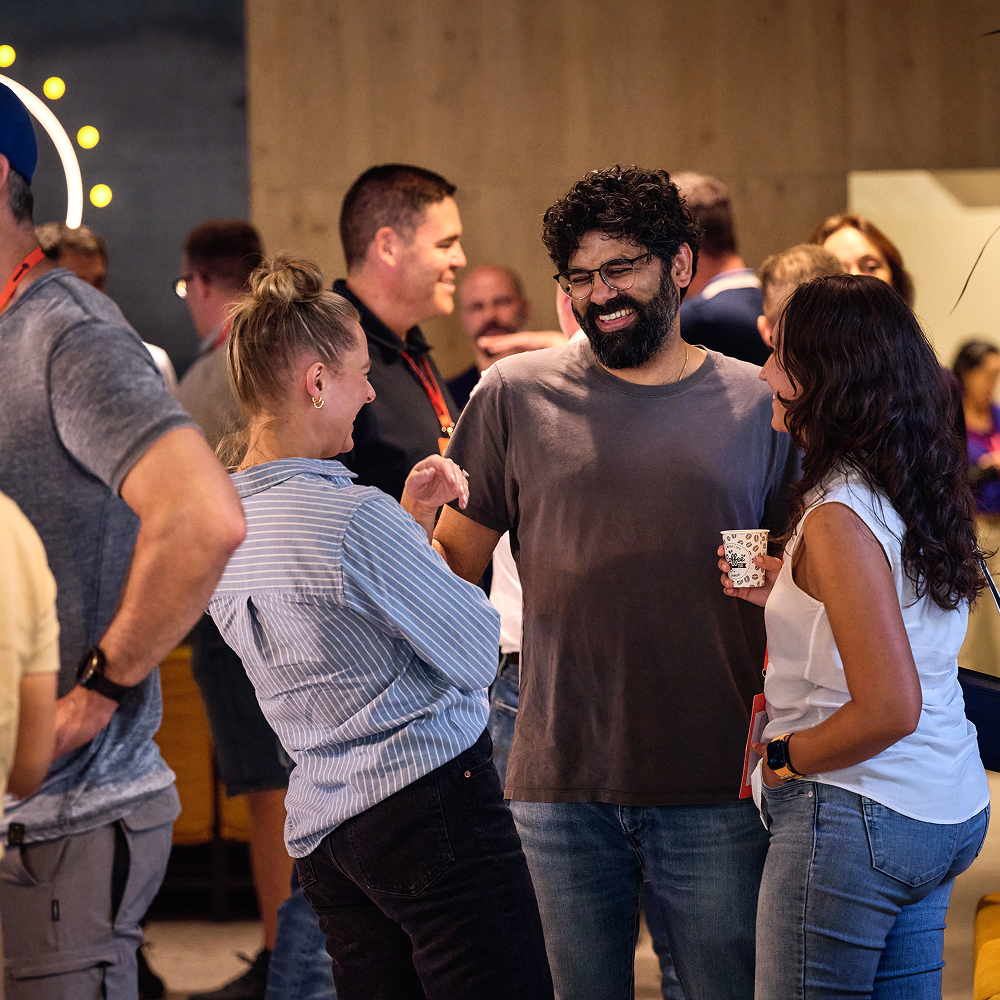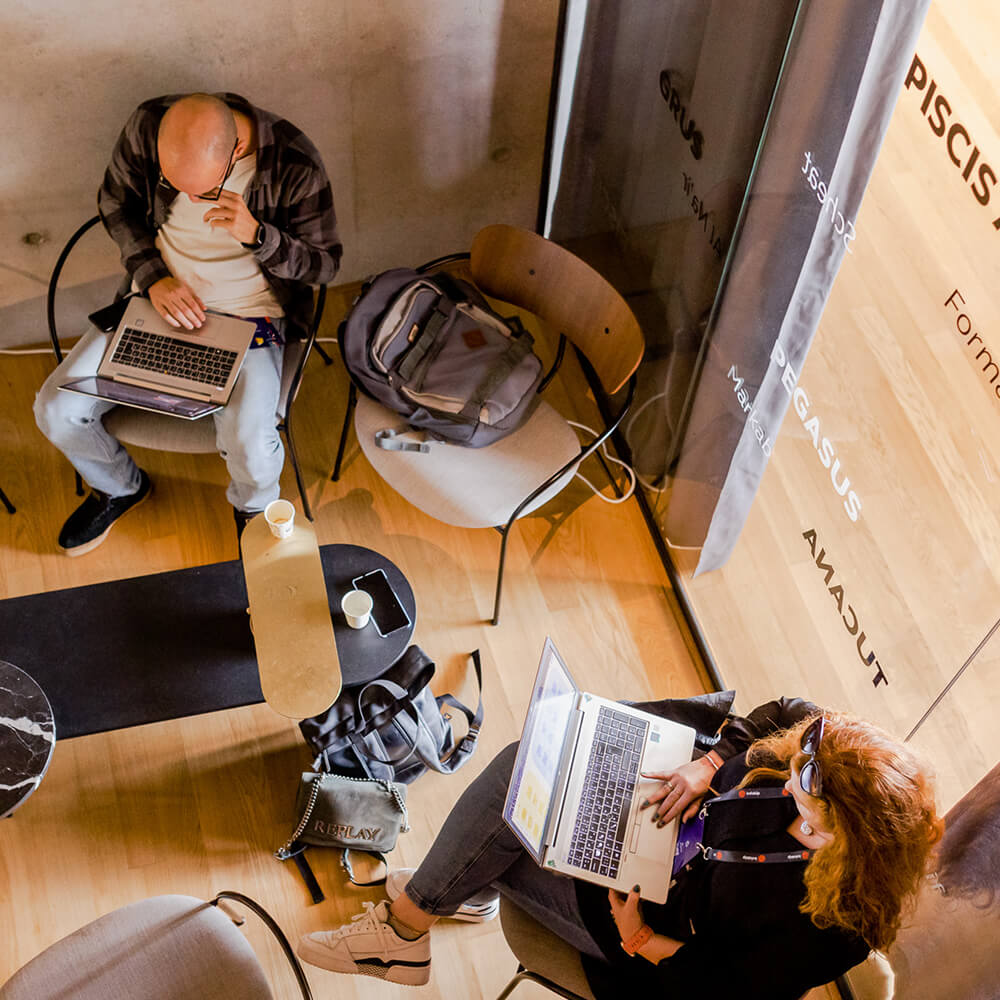We are the leading platform for conversational customer experiences

From SMS and email to chat, voice, video, RCS, and beyond, there are more ways for businesses and customers to connect than ever before. At Infobip, we make sure that whichever way they choose, it works seamlessly. With cutting-edge technology and a deep understanding of human communication, we empower brands to have conversations that flow naturally and feel personal, even at scale.
The world’s best choose Infobip












Unlock your potential on a global stage

Grow a global mindset in a global company

Lead the change with the industry leader

Work as one with a team that wins as one






